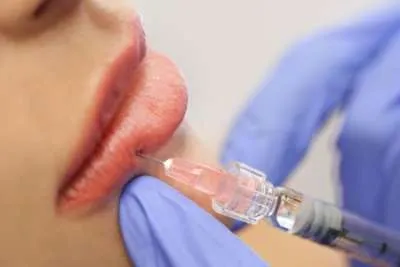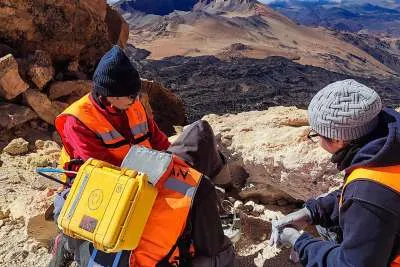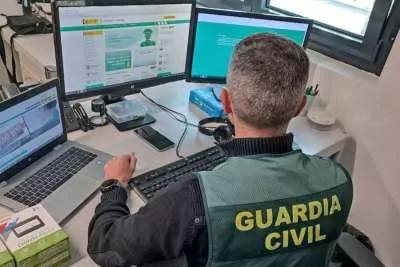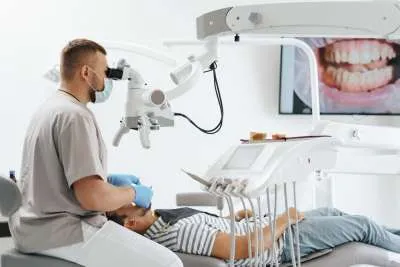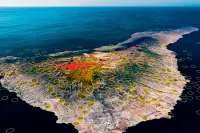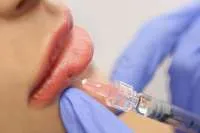Navigating healthcare options for expats in the Canary Islands
- 02-06-2025
- Health
- collaborative post
- Photo Credit: Pixabay
Moving to the Canary Islands offers endless sunshine and a vibrant lifestyle, but it’s important that you take steps to ensure your health is cared for. Taking the right steps early on makes accessing medical support straightforward, leaving you free to enjoy island life fully.
Accessing Public Healthcare in the Canary Islands
Public healthcare is available to expats in Spain (including the Canary Islands), but you need to follow a structured process. Start by applying for your NIE (Foreigner’s Identity Number), which costs around €10-€15. Next, register your residency at the local town hall. Then, visit the Social Security office (TGSS) to get a Social Security number.
With these steps completed, you can apply for a blue health card (tarjeta sanitaria) at your local health centre. This card allows access to doctors and hospitals within the Canary Islands’ public system. The process typically takes 2-6 weeks, depending on appointment availability.
After receiving your health card, register with a local GP to streamline access to care. Ensure you bring your medical records with you when moving, especially if you’re managing long-term conditions or prescriptions.
Also, make sure you:
● Memorise Spain’s emergency number (112) for urgent situations. It's the fastest way to access ambulances or emergency services anywhere in the Canary Islands.
● Review your insurance coverage yearly, particularly if employment or residency status changes. Policies may need updating to align with your current circumstances and ensure adequate coverage for all potential healthcare needs.
Staying organised and proactive with your healthcare ensures smoother access to essential services while living abroad.
Understanding Private Healthcare Options
Private healthcare is also available to expats in the Canary Islands. It’s very useful if you prefer faster access to specialists and treatments.
Choosing private healthcare offers key advantages, including reduced waiting times, wider hospital and specialist options, and English-speaking doctors, and many plans include extras like dental care, mental health support, and maternity services.
Private policies are popular among expats seeking flexibility and personalised care tailored to their needs.
Exploring Alternative Treatments and Specialist Care
Alternative treatments, like acupuncture or therapeutic massage, complement conventional healthcare in the Canary Islands. Many expats explore these options for pain relief or wellness support.
Specialists offer diverse services across the islands to address specific health concerns or enhance overall well-being.
Accessing Acupuncture
Acupuncture is available across the Canary Islands, with licensed practitioners offering treatments for pain management, stress relief, or chronic conditions.
Clinics often combine acupuncture with other Traditional Chinese Medicine techniques like cupping or herbal remedies.
Expats should verify practitioner credentials to ensure proper training and safe, effective care.
Finding Licensed Massage Therapists
Therapeutic massage is popular in the Canary Islands, catering to relaxation and specific health needs like muscle tension or injury recovery. Many therapists specialise in techniques such as deep tissue, lymphatic drainage, or sports massage.
Look for certified professionals operating within established wellness centres or private practices across the islands.
Utilising Medicinal Cannabis
In Lanzarote, you could access medicinal cannabis to manage chronic pain, reduce inflammation, or alleviate symptoms of conditions like arthritis or multiple sclerosis. It may also support patients with anxiety or epilepsy.
There are around twenty cannabis clubs operating in Lanzarote where you can safely consume marijuana for recreational or medicinal purposes.
Just make sure that (like you would consult a guide to renewing your medical marijuana ID card in the USA), you learn about the legal requirements for purchasing cannabis (as an expat) from the guide provided by the Spanish Ministry of Foreign Affairs, European Union and Cooperation.
Exploring Physiotherapy Services
Lastly, physiotherapists in the Canary Islands can assist with recovery from injuries, surgeries, or chronic conditions. Clinics offer services like mobility exercises, electrotherapy, and manual therapy tailored to individual needs.
Many physiotherapists speak English and operate in both private practices and multidisciplinary healthcare centres for convenience and specialised treatment options.
Other articles that may interest you...
Trending
Most Read Articles
Featured Videos
TributoFest: Michael Buble promo 14.02.2026
- 30-01-2026
TEAs 2025 Highlights
- 17-11-2025












